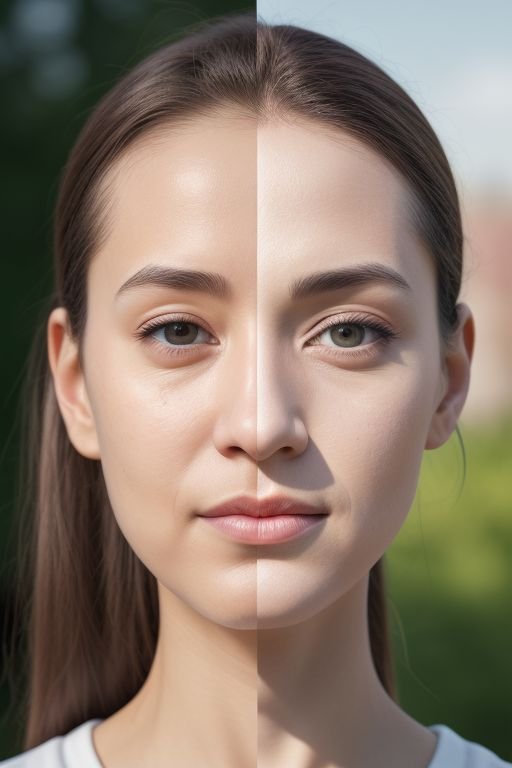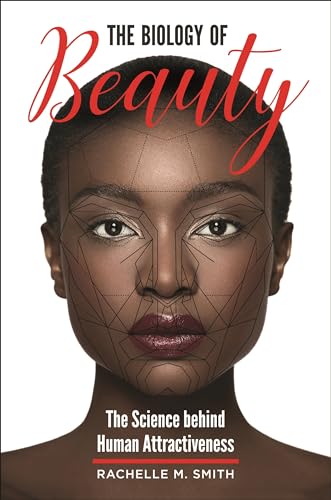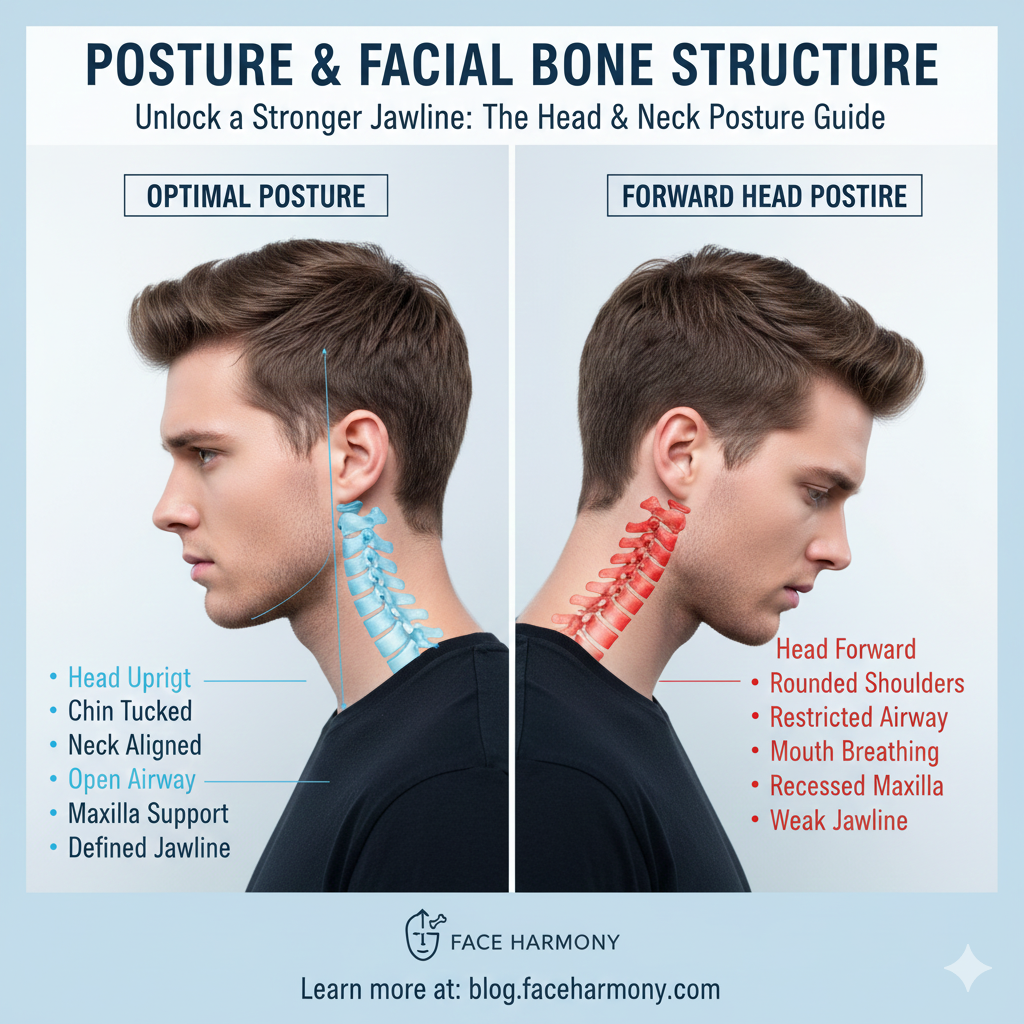When it comes to face size attractiveness, there are various factors that come into play.
One of the most debated aspects is the size of a person’s face.
Some argue that a small face is more attractive, while others believe that a big face holds more appeal.
In this article, we will delve into the science behind these contrasting opinions and explore what makes a face truly captivating.
The Small Face Phenomenon
It is often said that small things are cute, and this notion seems to extend to faces as well.
Many people find individuals with petite facial features to be more attractive.
This preference can be attributed to the concept of neoteny, which refers to the retention of juvenile characteristics into adulthood.
A small face with delicate features, such as a small nose, wide eyes, and a petite jawline, can evoke feelings of youthfulness and innocence.
Research has shown that people with small faces tend to be perceived as more approachable and trustworthy.
Their innocent appearance can elicit feelings of protectiveness and care, making them more appealing to others.
Additionally, a small face is often associated with femininity, which is considered attractive in many cultures.

The Appeal of a Big Face
On the other hand, there are those who argue that a big face holds its own charm.
A larger face can convey strength, dominance, and assertiveness.
In evolutionary terms, a big face may be seen as a sign of good health and genetic fitness.
This is because a larger face is often associated with higher levels of testosterone, which can indicate physical strength and reproductive success.
Furthermore, a big face can be seen as more mature and commanding.
It exudes confidence and can make a person appear more authoritative.
In certain professions, such as politics or leadership roles, a big face may be seen as an advantage, as it can project a sense of power and competence.
The Middle Ground
While the debate between small face versus big face continues.
it is important to note that attractiveness is subjective and can vary from person to person.
Beauty standards differ across cultures and change over time.
What may be considered attractive in one era may not hold the same appeal in another.
Ultimately, it is not the size of the face that determines attractiveness.
but rather the overall harmony and symmetry of the facial features.
A well-proportioned face, regardless of its size, is often considered more attractive than one with disproportionate features.
Moreover, attractiveness is not solely determined by physical appearance.
Factors such as personality, confidence, and charisma also play a significant role in how attractive a person is perceived to be.
A warm smile, good sense of humor, and genuine kindness can make someone irresistible, regardless of the size of their face.
Conclusion
So, in the battle between small face versus big face, there is no clear winner.
Both have their own unique appeal and can be attractive in their own right.
The key is to embrace and enhance the features you have, rather than focusing on conforming to a specific size or shape.
Remember, beauty is subjective, and what truly matters is how you feel about yourself.
Confidence and self-acceptance are the true secrets to attractiveness.
regardless of the size of your face or any other physical attribute.
Next time you find yourself pondering the attractiveness of a small face versus a big face.
remember that beauty comes in all shapes and sizes.
Embrace your uniqueness and let your inner beauty shine through.








